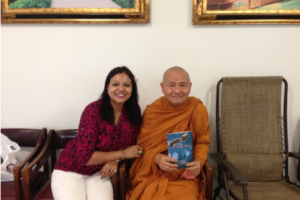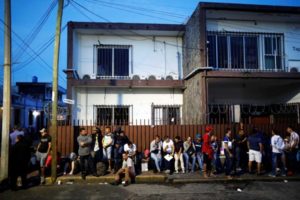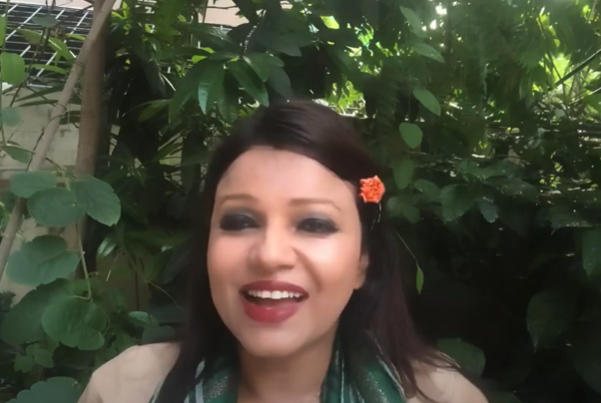In the bloody churn of the global drug trade, there are no fixed, permanent characters. Cartel leaders are seldom more than temporary players, rising and falling with unfailing predictability as a new cast rushes in to replace them.
So it goes even with Joaquin Guzman Loera, the infamous drug lord known as El Chapo, who was sentenced to life in prison on Wednesday in New York for smuggling tons of drugs into the United States and leaving a trail of death in his wake.
The sentencing was the final act for Guzman, a poor farm boy who turned a small-time drug racket into one of the largest, and most violent, criminal enterprises in history. His trajectory was one of Houdini-like escapes from prison, mountains of cash and bottomless blood lust.
For nearly 20 years, his story loomed large in Mexico and around the world, a remarkable stretch of time for him to bask in the dubious glow of being the most recognised drug lord in the world.
Now, Guzman’s legacy will fade behind the walls of a maximum-security prison, along with the dozens of other cartel leaders already confined to history.
But for all the public fanfare of his downfall — the pursuit through the mountains of the Sierra Madre, the narrow escapes under the noses of federal authorities, the jubilation at his final made-for-TV capture — the larger narrative of the drug war remains unbroken.
Many here in Mexico would argue, in fact, that the war has only grown worse since his extradition. And judging by the staggering homicide figures of the last few years, which continue to set records, it is easy to see why.
“We are experiencing so much violence,” said José Luis Córdoba, 47, who works at a private security company in Mexico City. “So, no, it definitely wont stop or change because he got sentenced to life in prison.”
Kingpins fall, new ones rise, and the traffic of drugs to the United States continues uninterrupted. Through it all, the death toll mounts, especially in Mexico, where the majority of the blood is spilled.
The lives lost in the violence have now surpassed the levels reached when Guzman was on the street, overseeing a vast empire of killers.
Taking out the drug trade’s most dangerous leaders has not ended the trafficking. It has been all but proven that the so-called Kingpin Strategy pushed by the United States — in which the authorities try to cripple drug cartels by going after their leaders — has failed.
Instead of destroying the cartels by cutting off their heads, the policy has spawned multi-headed hydras, smaller, less disciplined and often-deadlier spinoffs.
In Mexico, a new force has emerged in the drug trade, the Jalisco New Generation Cartel, and it is in a fight with others for dominance of the trade routes through Mexico into the United States. Homicides are surging in all of the predictable hot spots, including Acapulco, Tijuana and Ciudad Juárez.
But they are also spiking in previously quiet areas, like in the coastal state of Colima.
“It is precisely because he was removed from the game that we are seeing the level of violence we are seeing now,” said David Shirk, a professor at the University of San Diego and director of the Justice in Mexico program there. “Had he remained at large, and the organisation continued to dominate the drug trade as they were in 2013 and 2014, we might have seen a decline to some of the lowest levels of violence in Mexico’s history.”
Still, analysts said it is important to jail leaders like Guzman, who drugged and abused girls as young as 13 years old while at the helm of his organisation, according to trial testimony.
“In the long term, not pursuing leaders sends a message of impunity,” said Jorge Chabat, a security expert at the University of Guadalajara.
But his capture has done nothing to dampen violence, or even reduce the overdose deaths plaguing the United States, experts said.
“It is almost like a Pyrrhic victory,” said Tony Payan, director of the Mexico Center at the Baker Institute for Public Policy at Rice University.
“The fundamental underlying dynamics of the war on drugs have remained the same for going on half a century,” Shirk added. “I don’t want to call it a futile struggle but what else can you call it?”






















